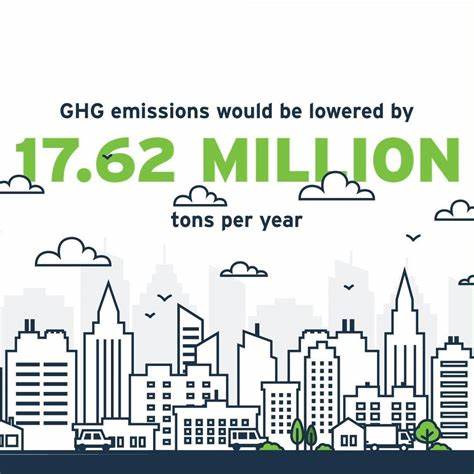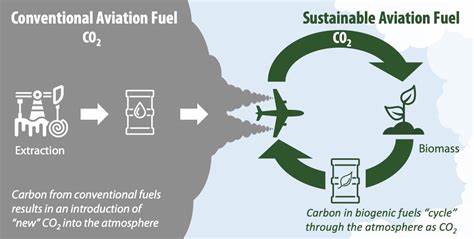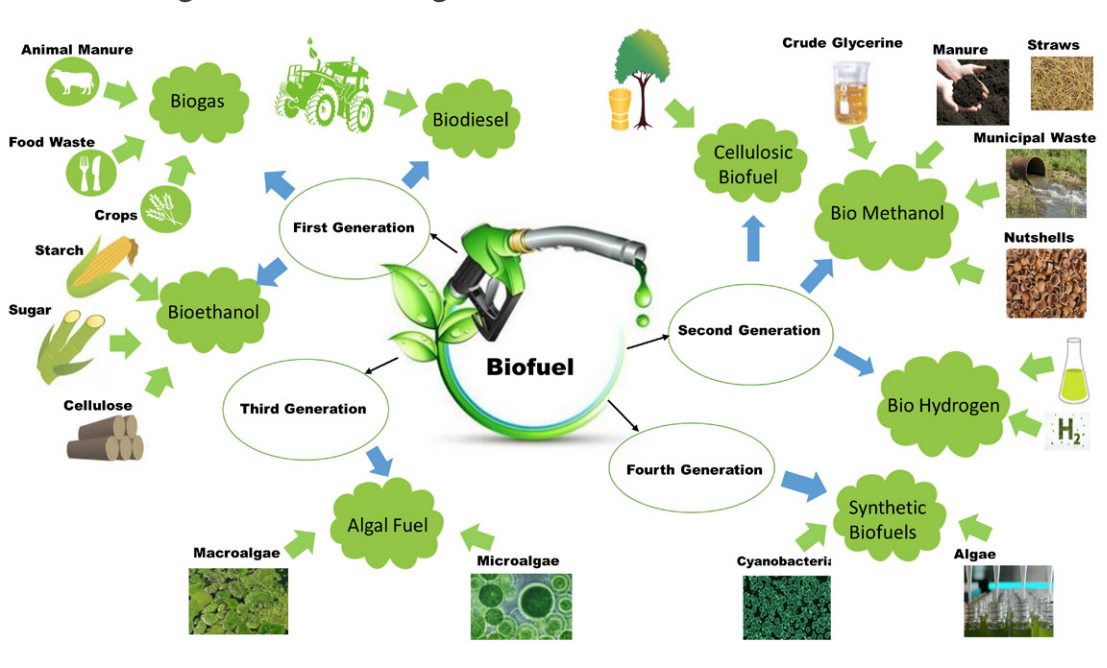
Introduction:
As the world grapples with the urgent need to address climate change, the decarbonization of transportation has emerged as a crucial solution. This article aims to explore the concept of decarbonizing transportation using biofuels and its significance in this field.
Historical Background:
Biofuels have a rich history in transportation, with early experiments dating back to the 19th century. Notable milestones include the development of ethanol as a fuel additive in the 1970s and the widespread adoption of biodiesel in the early 2000s. Over the years, perspectives on decarbonizing transportation through biofuels have evolved, recognizing the potential of these alternative fuels to reduce carbon emissions.
Key Concepts and Definitions:
To understand the importance of biofuels in decarbonizing transportation, it is essential to define key terms. Decarbonization refers to the process of reducing or eliminating carbon emissions. Biofuels are derived from renewable biomass sources and can be used as substitutes for conventional fossil fuels. The transportation sector encompasses all modes of transportation, including cars, trucks, planes, and ships.
Main Discussion Points:
Benefits of Biofuels in Decarbonizing Transportation:
Using biofuels instead of fossil fuels offers significant environmental benefits, such as reduced greenhouse gas emissions and improved air quality. Biofuels also have the potential to lessen dependence on foreign oil and create economic opportunities in the agricultural sector.

Strategies for Promoting Biofuels in Transportation:
Leaders play a crucial role in driving the transition to biofuels in transportation. They implement strategies and initiatives to encourage biofuel adoption, such as setting renewable fuel standards and offering incentives for biofuel production. Successful leadership efforts in promoting biofuels can serve as inspiration for others.
Technical and Infrastructural Challenges:
While biofuels offer promise, there are technical challenges and limitations to their widespread use in transportation. These include compatibility issues with existing engines and the need for infrastructure development to support biofuel production, distribution, and storage. Overcoming these challenges requires innovation and investment.
Case Studies or Examples:
Real-world examples of organizations and countries successfully implementing biofuel initiatives in transportation showcase the effectiveness of leadership in this domain. These case studies provide insights into the outcomes, impacts, and leadership approaches employed.

Current Trends or Developments:
Recent trends in biofuel adoption highlight the growing interest in sustainable transportation. New research and technological advancements, such as the production of advanced biofuels from non-food sources, contribute to the expanding possibilities for biofuel utilization. Leadership must stay abreast of these developments to drive progress in decarbonizing transportation.
Challenges or Controversies:
The use of biofuels in transportation is not without challenges and controversies. Differing viewpoints exist on the effectiveness and sustainability of biofuels, particularly in terms of land use and competition with food production. It is essential to present a balanced perspective on these potential drawbacks and criticisms.
Future Outlook:
The future of biofuels in transportation holds immense potential for reducing carbon emissions. Emerging technologies, such as electric vehicles and synthetic biofuels, may shape the future of biofuel use. Leadership will play a pivotal role in driving advancements and overcoming challenges to achieve a sustainable transportation system.

Conclusion:
In conclusion, decarbonizing transportation through biofuels is a critical endeavor that requires strong leadership. This article has highlighted the benefits, challenges, and future prospects of biofuels in transportation. It is imperative for leaders to continue researching, advocating, and implementing strategies to accelerate the transition to a low-carbon transportation sector.




